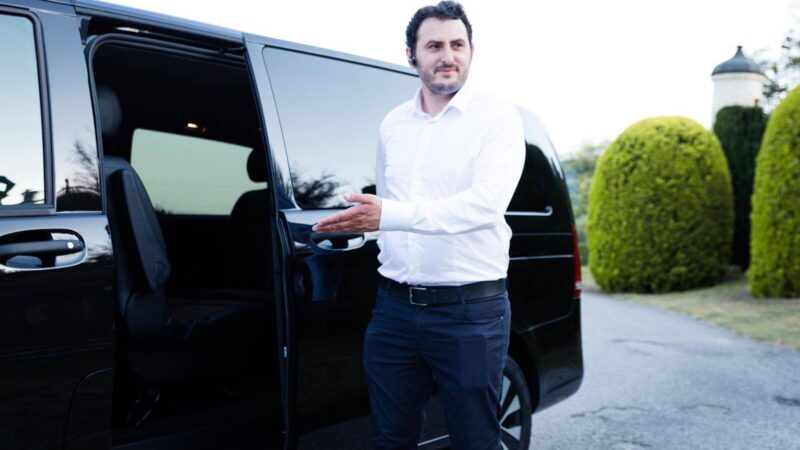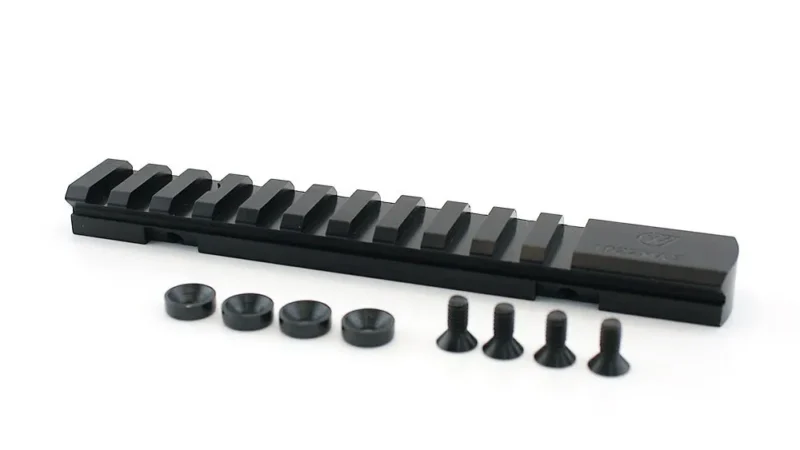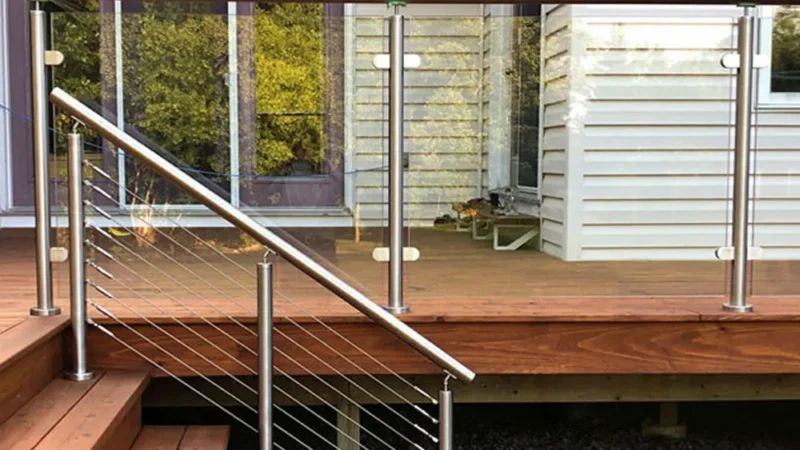Benefits of Using a Mobile Radio Over a Traditional Cell Phone for Businesses

By 2026, the worldwide radio industry is expected to reach over $25.5 billion. And if that isn’t enough evidence of how useful a digital mobile radio(DMR) is, maybe you should look at the fact that it is one of the oldest modes of communication.
Even today, several businesses choose to use devices like mobile radio over cell phones. This is because they are laden with advantages and have minuscule cons.
Now, why opting for a two-way radio may be a fine idea.
1. Lightweight and durable
Two-way radios are lightweight and long-lasting devices. While certain cell phones may need a protective cover when used at work, two-way radios are frequently manufactured based on military and IP requirements, making them shatterproof when dropped.
They are also built with lengthy battery life, with several versions capable of functioning for 12-26 hours. And while many phones do have better battery life, it might be better to invest in DMRs since they are sturdier and work even in harsh weather.
2. Cost-effective
DMRs are reasonably priced. Moreover, they don’t require users to pay additional airtime fees, as there is with a mobile phone. Furthermore, numerous employees can share one radio, cutting costs by eliminating the requirement to issue a different device to each person.
3. Clearer communication
DMRs eliminate the issue of sound relaying and produce sharper and clearer audio with substantially less background noise, distortion, or static. Moreover, the recently-added intelligent audio feature in DMR automatically changes the radio volume to meet the noise level of the surroundings.
DMR also employs cutting-edge signal processing techniques to manage distortion actively. Hence, the communication is far clearer, given that the background noise is reduced.
4. Advanced control features
While DMR has several advantages, the enhanced control functions remain among the most important. DMR makes use of second-time-slot TDMA technology to enable reverse-channel signalling. When the first channel is used to make a call, instructions are delivered via the second channel, providing capabilities such as:
- Remote control of the transmitting radio
- Emergency call-pre-emption
- Priority call control
Furthermore, DMR provides a higher degree of control over system requirements, such as enabling caller ID and enabling the system’s custom configuration for a specific environment.
5. Increased coverage
Cell phone towers and landlines may fail in an emergency or in the middle of a disaster. But a two-way mobile radio continues to remain functional even under these circumstances. Furthermore, all employees can be called at once rather than dial individual phone numbers.
6. Better security
DMR includes superior methods for safeguarding the user’s privacy. In fact, most modern authentication and encryption procedures are applied to DMR. These characteristics guarantee that others cannot listen to a call on a specific frequency, so the communication remains private.
Wrapping Up
Communication devices like a digital mobile radio are an excellent investment for any industry that requires extensive on-site operations. They aren’t just cost-effective, they are also highly secure and allow team members to stay in touch without any disruptions – a luxury that isn’t available to those using cell phones.
Further, one only needs to invest in a few of these devices since not everyone needs them simultaneously. Additionally, with the advent of new technology, DMRs have added features that can be useful across industries.
So, consider opting for DMRs instead of cell phones for an on-site team of workers.






